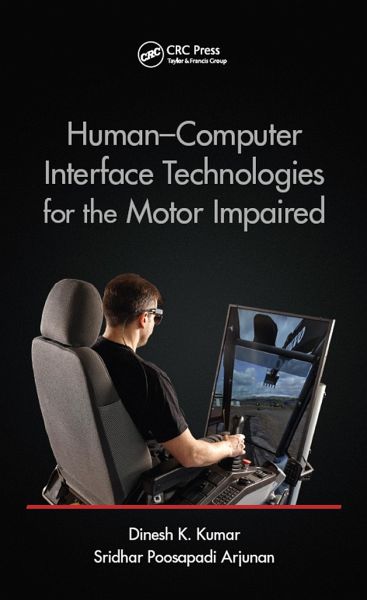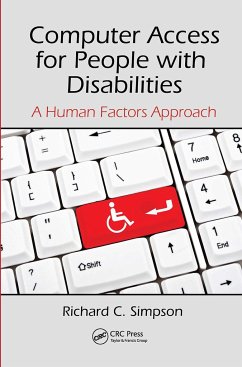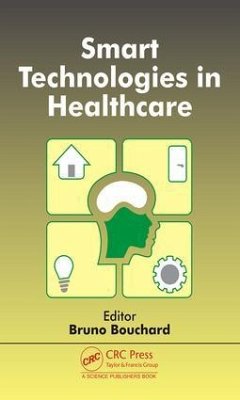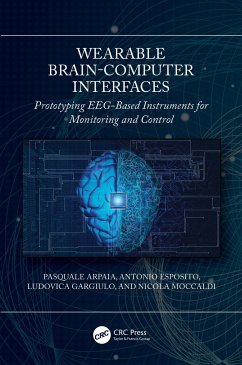
Human-Computer Interface Technologies for the Motor Impaired
This book provides insight into the potential interface technologies between humans and computers or computerized machines that are suitable for people who do not have the control of their hands. The book describes the past, present, and future human computer interface (HCI) technologies and the applications of these to better the lives of people living with disabilities and also other applications such as computer gaming and defense. The limitations and current research activities of HCI technologies are highlighted as well.














